New To Music?
Why choose East West Music and Dance?
We offer private music lessons personalized for your age and skill level, beginning to advanced. Learn to play the piano, violin, bass, ukulele, flute, recorder, acoustic or electric guitar at your pace with an experienced music teacher. We also teach voice lessons to all ages.
Focus on Teaching
All we do is teach. We do not sell or rent musical instruments. This allows us to specialize in one thing – providing the highest quality music and voice instruction.
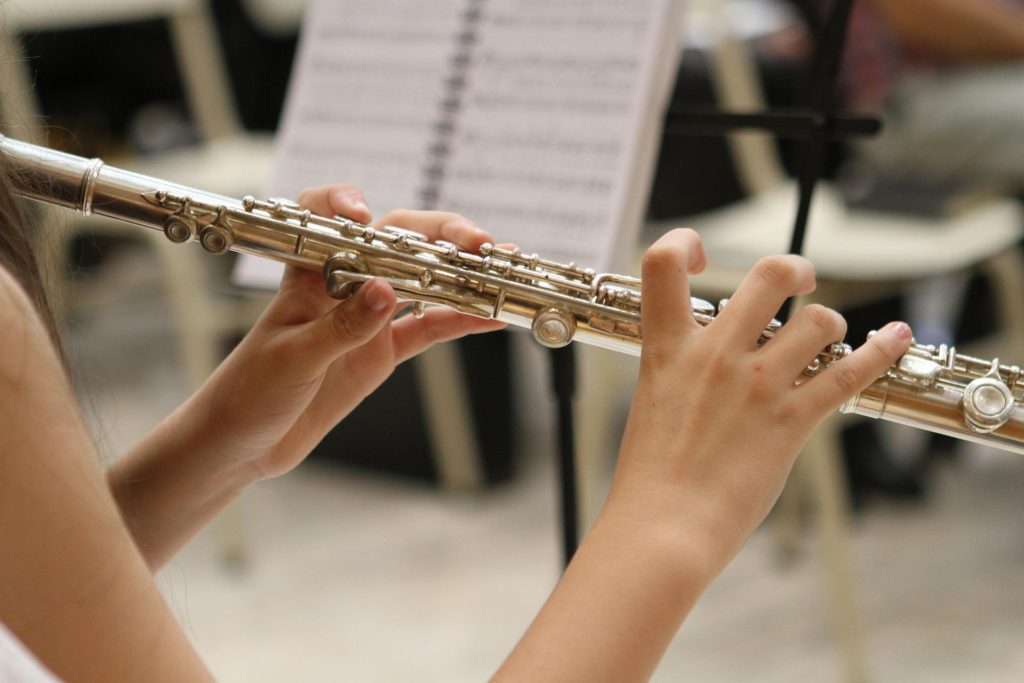
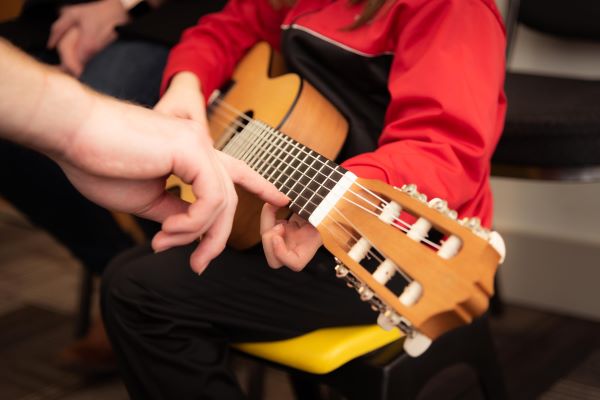
University Trained Teachers
Our instructors are highly qualified and many have extensive performance experience. Most importantly, our instructors strive to tailor their program to fit the individual student’s learning style.
All Ages | Beginners to Advanced
Our current students range from 5 years old to 50’s and 60’s. We take care to teach what you want to learn so music is rewarding for students of all ages and levels.
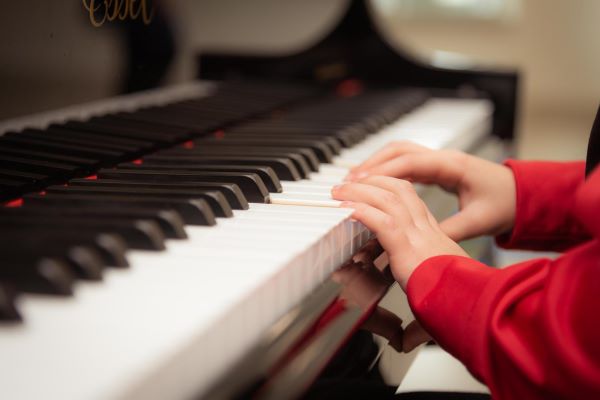
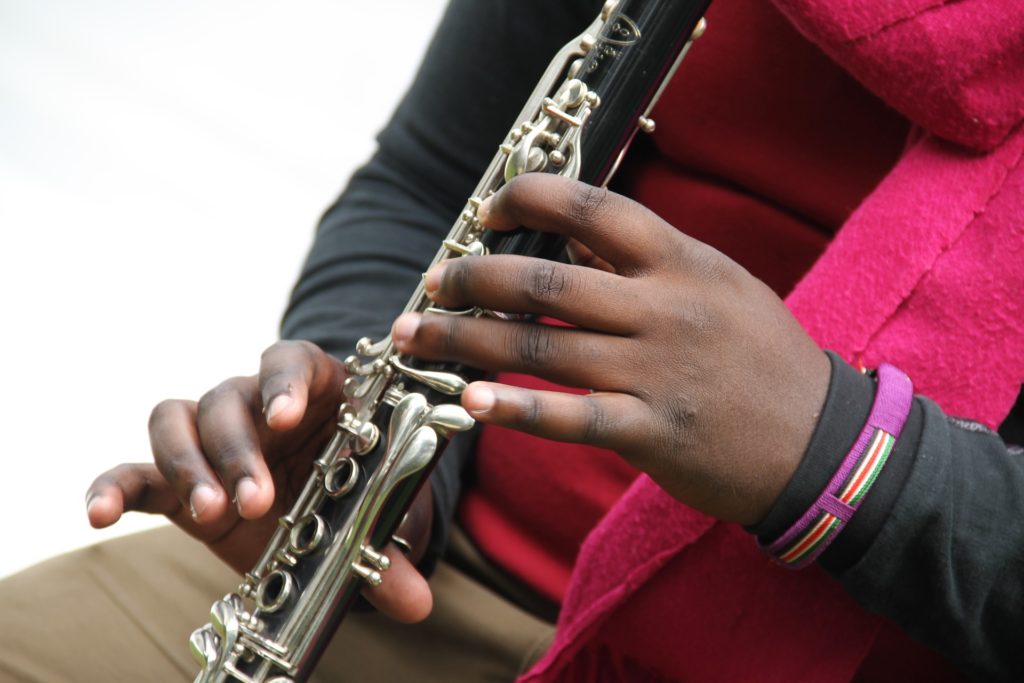
Private Lessons
Private lessons ensure that the student has the undivided attention of the teacher and can progress at a pace suited to their individual level or ability.
Spring Recital | Optional
Our studio has an annual recital which music and voice students are encouraged to perform in. This provides students performance experience which can be inspiring and helps build confidence.
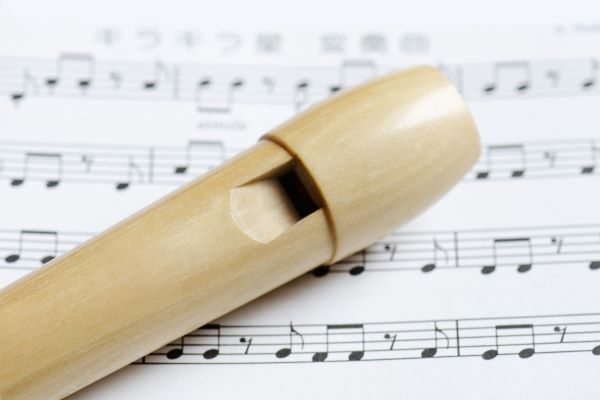
Guidelines
Why take private lessons when learning a specific instrument?
Group lessons work well for preschool music programs and theory lessons. However, when learning how to play and instrument, private lessons are far superior since in a private lesson it is hard to miss anything, and each student can learn at their own pace. This means the teacher does not have to teach a class at an average level, but has the time to work on the individual student’s strengths and weaknesses. For that lesson period, the student is the primary focus of the teacher. The teachers also enjoy this as they do not have to divide their attention between several students at a time. They can help the student be the best they can be.
Why should a student take a lesson at a studio?
Learning music is not just a matter of having a qualified teacher, but also having an environment that is focused on music education. In a professional school environment a student cannot be distracted by TV, pets, ringing phones siblings or anything else. With only 30 to 60 minutes of lesson time per week, a professional school environment can produce better results since the only focus at that time is learning music. In a music school, the lessons are not just a hobby or side-line for the teacher, but it is a responsibility that is taken very seriously.
How can you make practicing easier?
As with anything, improving in music takes practice. One of the main problems with music lessons is the drudgery of practicing and the fight between parents and students to practice every day. Here are some ways to make practicing easier:
Time – set the same time everyday to practice so it becomes part of a routine or habit. This works particularly well for children. Generally the earlier in the day the practicing can occur, the less reminding is required by parents.
Repetition – Instead of setting a time frame, use the method of repetition. For example, practice this piece 4 times every day, and the scales 5 times a day.
Rewards – This works well for both children and adults. Parents can grant occasional awards for successful practicing. Stars or stickers or praise for a job well done.
Have fun!
Music should be something you enjoy for a lifetime. It is important not to put unrealistic expectations on yourself or your children to learn too quickly. Everyone learns at a different pace and the key is to be able to enjoy the journey!
Appropriate Age
How young is too young? What is the right age to start?
Adults can start any instrument at any time. Their success is based on how willing an adult is to commit to practicing. It’s really never too late to start music.
For children starting at the right age is a key element to the success of their lessons. Some people will tell you “the sooner the better” but this attitude can actually backfire and be a negative. If a child is put into lessons too soon they may feel overwhelmed and frustrated and want to stop lessons. The last thing you want to do is turn a child off to music just because they had an unpleasant experience which could have been prevented. Sometimes if the child waits a year to start lessons their progress can be much faster. Children who are older than the suggested earliest starting age usually do very well. The following guidelines are suggested to help you determine how young a child might be to start to take music lessons.
Piano
At our school 5 years old is the youngest age we start children in private piano lessons. At this age they have begun to develop longer attention spans and can retain material with ease.
Guitar | Acoustic and Electric
Eight years old is the earliest we recommend for guitar lessons. Guitar playing requires a fair amount of pressure on the fingertips from pressing on the strings. Children under eight generally have small hands and may find playing uncomfortable. Bass guitar students generally are ten years and older.
Ukulele
This instrument is the perfect choice for young students with small hands. Student will learn the basics of the string guitar with only four strings. We recommend starting at age five.
Flute
Due to lung capacity, we recommend that most woodwind beginners are nine years or older.
Recorder
The Recorder is a wonderful to start the younger student (around six to eight) on a wood wind instrument. This prepares one for playing the flute, clarinet or saxophone when older.
Voice Lessons
Ten years old is recommended as the youngest age for private vocal lessons. Due to the physical nature of voice lessons (proper breathing techniques, development of the vocal chords and lung capacity), the younger body is generally not yet ready for the rigors of vocal technique. For children younger than 10 we suggest piano in order to read music and start learning pitch and rhythm concepts.
